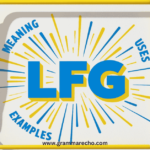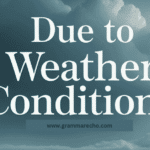Confusing Words
Explore words that sound similar but have different meanings (like “their,” “there,” and “they’re”). Learn how to tell them apart, use them correctly, and avoid mix-ups in your writing. Clear, simple explanations to help you choose the right word every time!
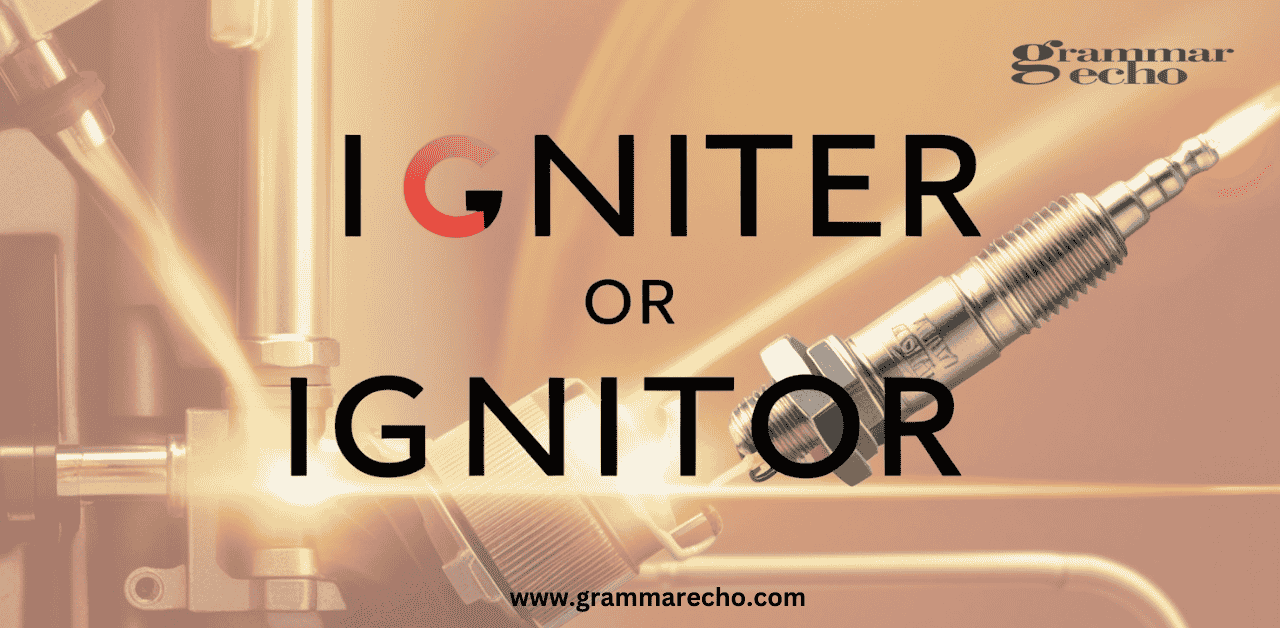
ignitor or igniter – Which Spelling Should You Choose?
An ignitor or igniter is a device that starts a fire or combustion. It creates a spark or heat to ...
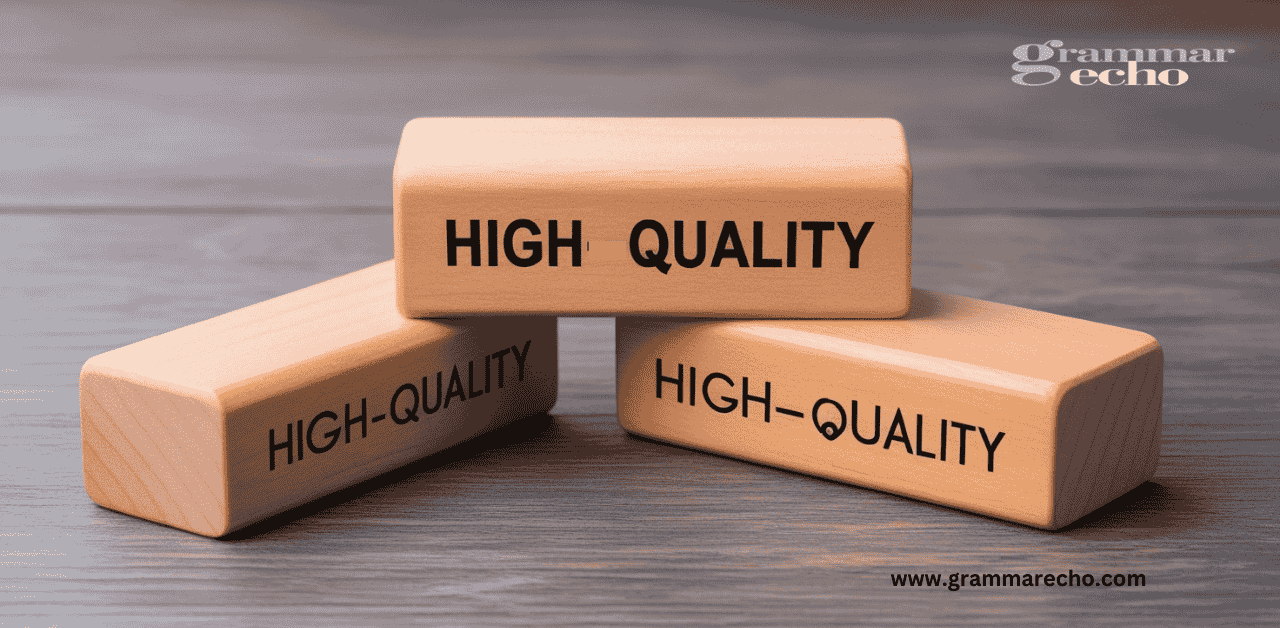
“high quality or high-quality”: Which Is Correct?
The terms “high quality or high-quality” serve different purposes in writing. “High quality” is a noun phrase that describes general ...

“skillset or skill set”: Which is Right?
A skill set is a group of a person’s abilities and knowledge. The correct way to write it is as ...
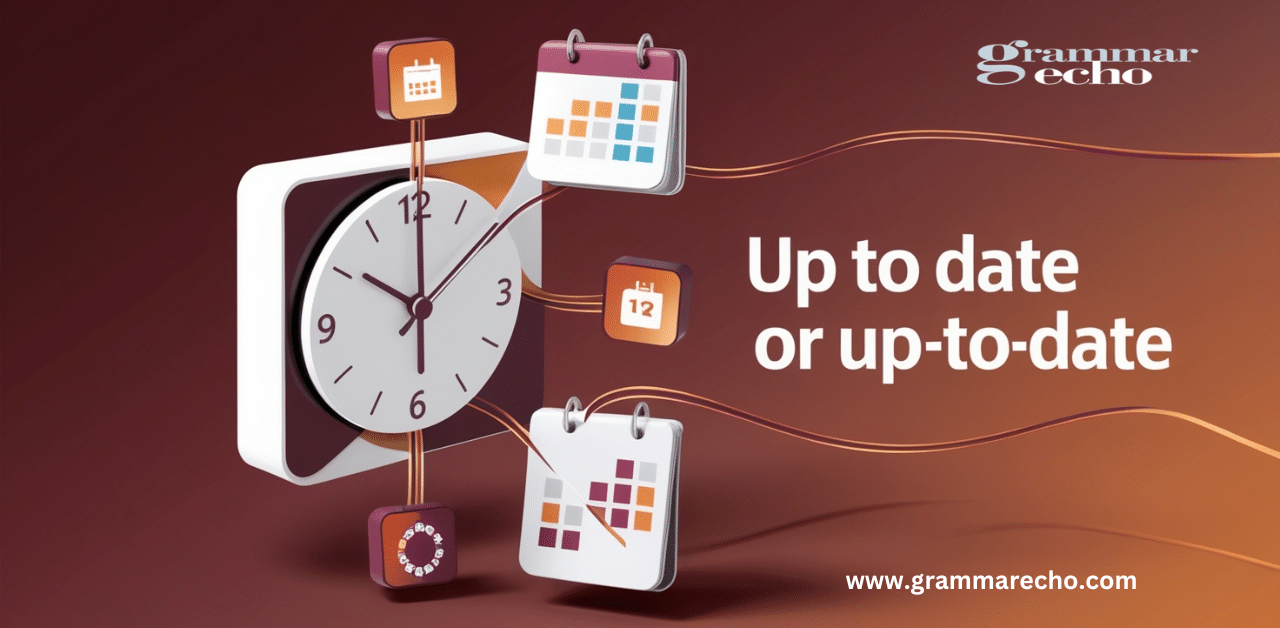
“Up to Date” or “Up-to-Date”: Which One Should You Use?
The phrases “up to date” or “up-to-date” both refer to something being current or modern. The unhyphenated version of “up ...
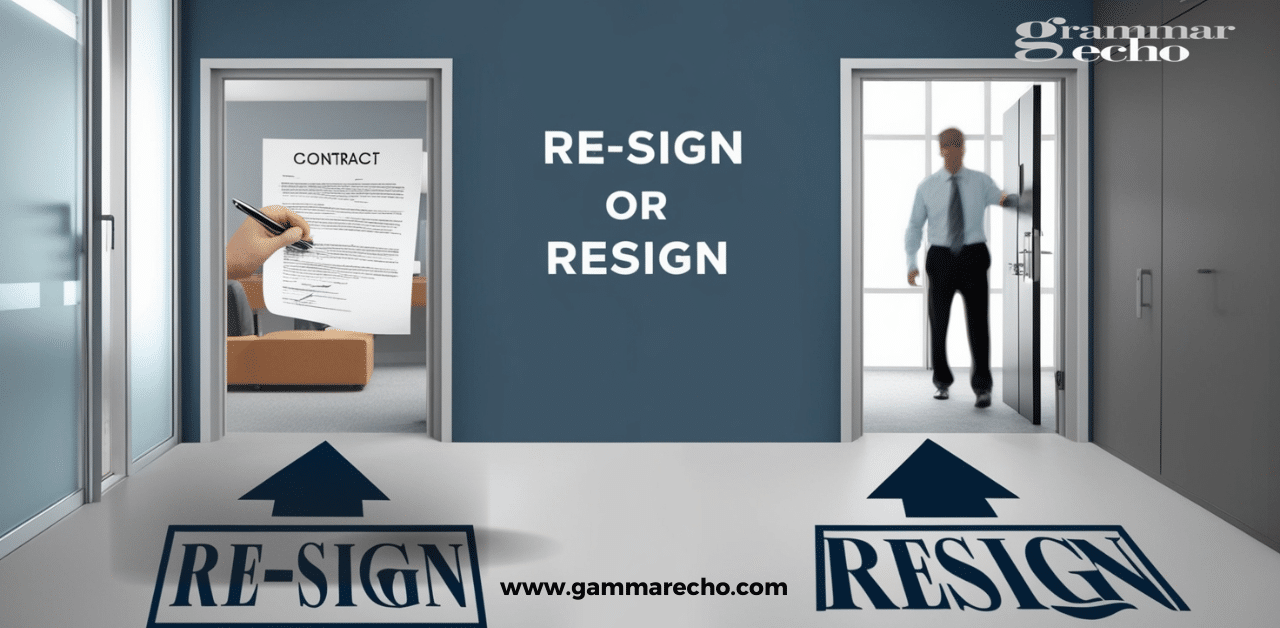
“Re-sign or Resign? Learn When and How to Use Each Correctly
“Re-sign and resign” are two different words. “Resign” means to leave a job or position voluntarily. “Re-sign” means to sign ...
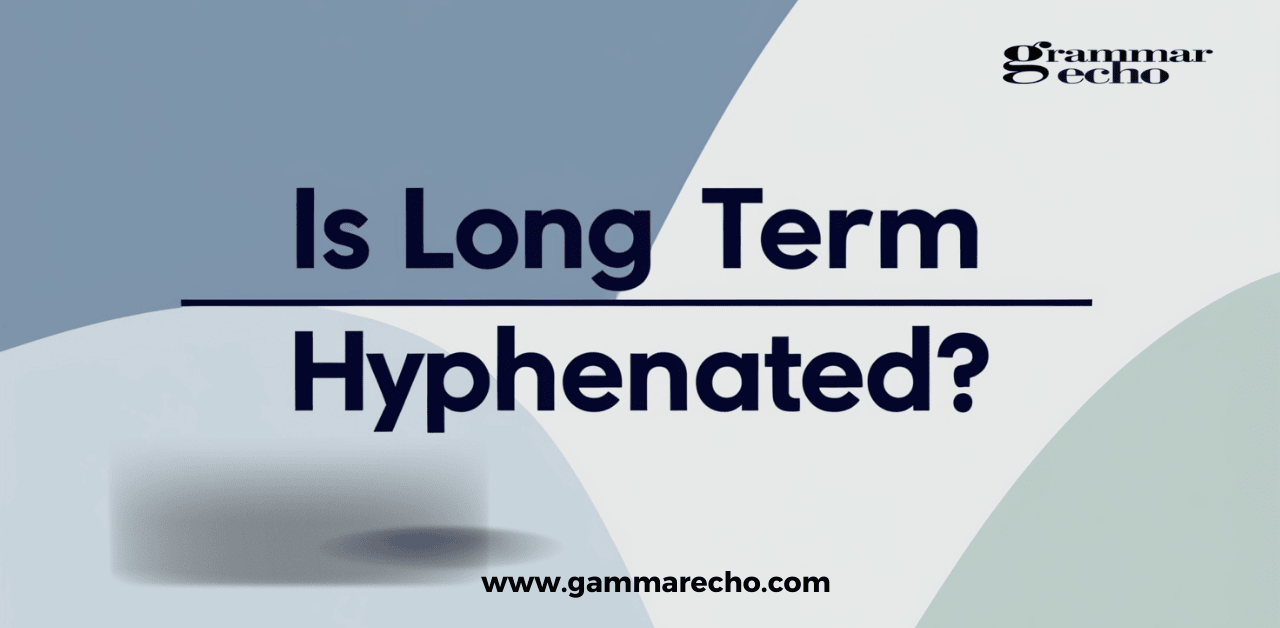
Long Term or Long-Term: is long term hyphenated?
Is long term hyphenated is confusion question during writing. “Long term” refers to a period of time that lasts for ...
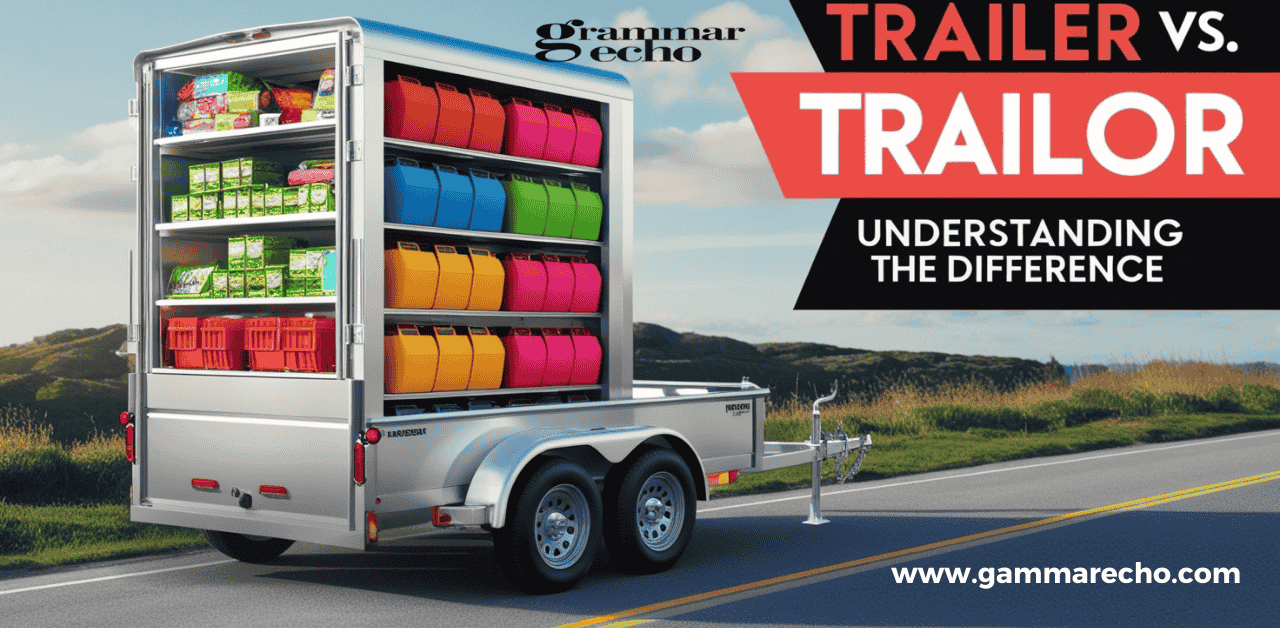
Trailer or Trailor: Which Spelling Is Correct
“Trailer or Trailor” refers to a common confusion in spelling. “Trailer” is the correct spelling, while “Trailor” is a misspelling. ...
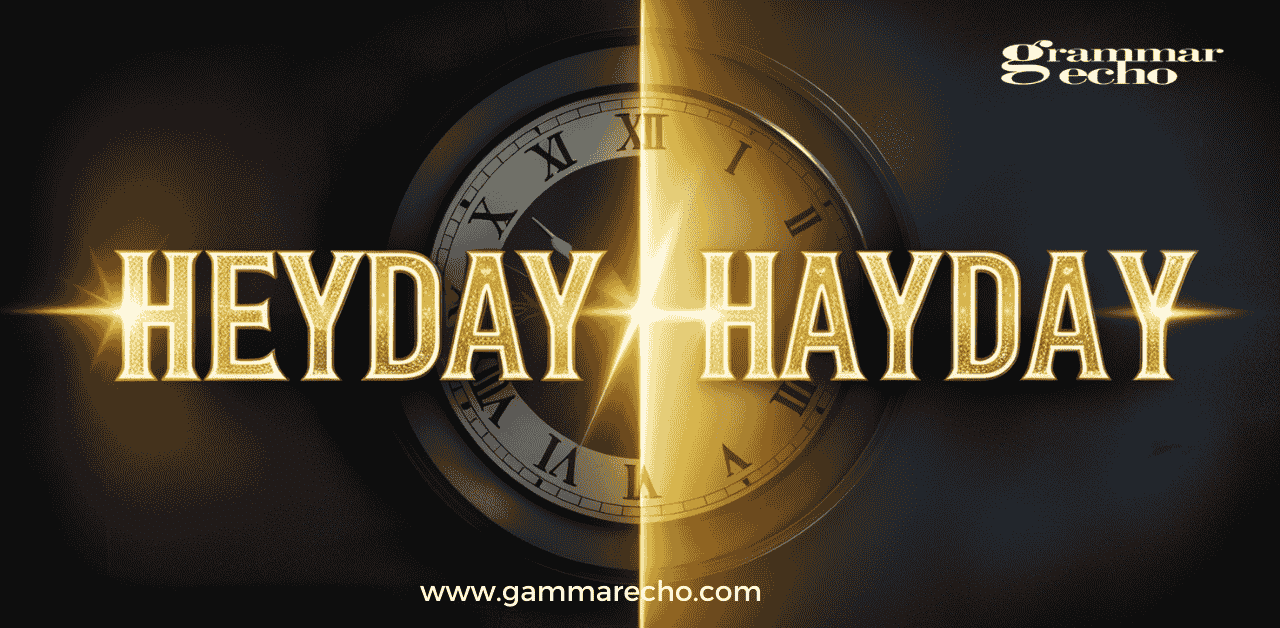
Heyday or Hayday What’s the Right Word to Use
The word “heyday” is the correct spelling to describe a time of greatest success or achievement. People often confuse it ...
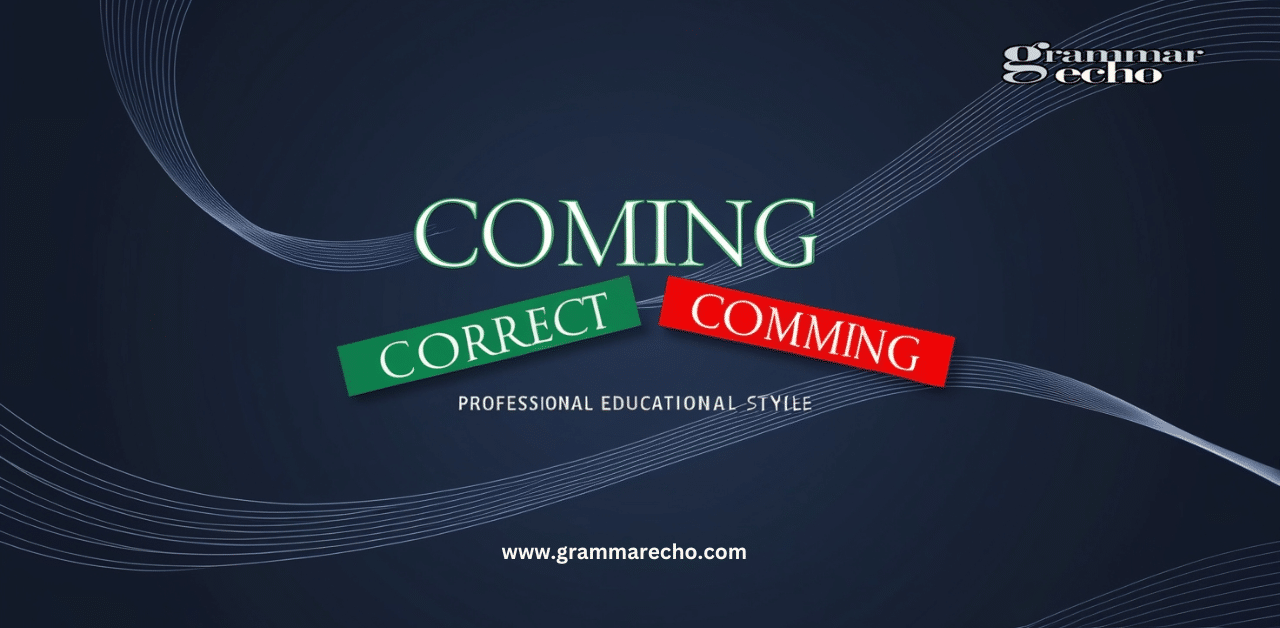
Comming Or Coming: Which Is Correct
The word “coming” is the correct spelling and means to move toward something or someone. It is the present participle ...

Coach or Couch: Definitions Differences and Examples
Ever wondered about the “coach or couch” conundrum? These commonly confused words might sound similar, but they serve entirely different ...


